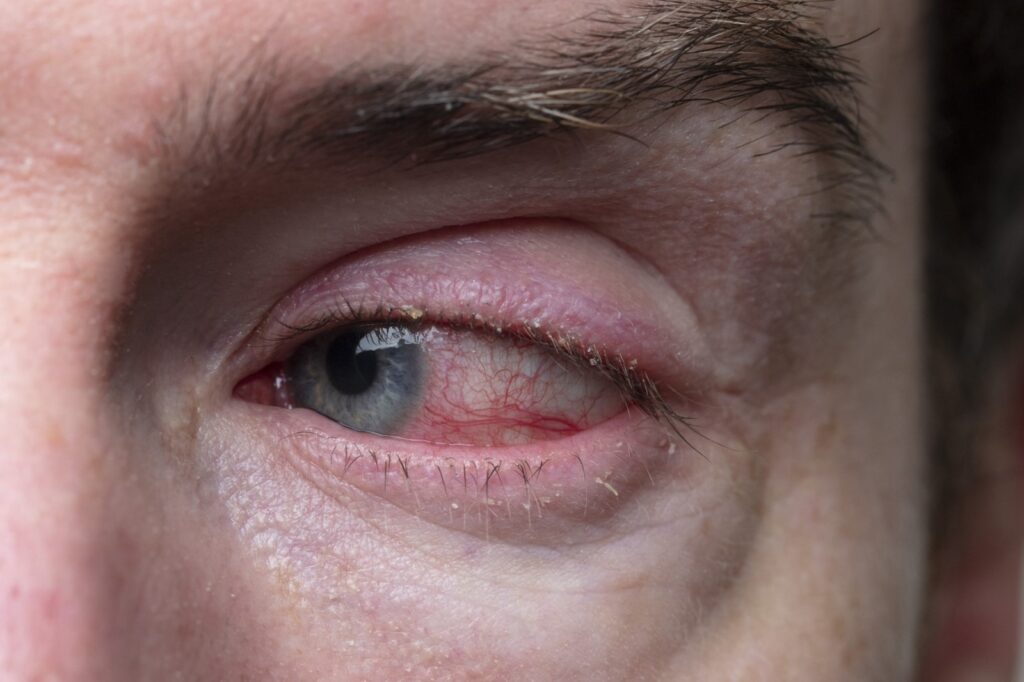Conjunctivitis, commonly known as pink eye, can cause discomfort and irritation, but there are steps you can take to reduce your risk of contracting it and alleviate symptoms if you do.
By implementing preventive measures and utilizing home remedies, you can help soothe irritated eyes and promote healing. Here are some tips for preventing and managing conjunctivitis at home:
- Practice Good Hygiene
One of the most effective ways to prevent the spread of conjunctivitis is by practicing good hygiene. Wash your hands frequently with soap and water, especially after touching your eyes or face. Avoid sharing towels, pillows, or other personal items with individuals who have conjunctivitis. Additionally, disinfect commonly touched surfaces, such as doorknobs and countertops, to reduce the risk of contamination.
- Avoid Touching Your Eyes
Touching your eyes with unwashed hands can introduce bacteria or viruses into the eye, increasing the risk of conjunctivitis. Avoid rubbing or scratching your eyes, as this can exacerbate irritation and spread infection. If you wear contact lenses, be sure to follow proper hygiene practices, including washing your hands before handling lenses and disinfecting them regularly.
- Apply Warm or Cool Compresses
Applying a warm or cool compress to your eyes can help alleviate inflammation and soothe discomfort associated with conjunctivitis. Use a clean, soft cloth soaked in warm or cool water and apply it gently to your closed eyelids for 5-10 minutes. Repeat as needed throughout the day to relieve symptoms.
- Use Artificial Tears
Artificial tears can help lubricate the eyes and flush out irritants, providing relief from dryness and discomfort associated with conjunctivitis. Choose preservative-free artificial tears and use them as directed by your healthcare professional. Avoid eye drops that claim to reduce redness, as they may contain vasoconstrictors that can worsen symptoms over time.
- Try Over-the-Counter Remedies
Over-the-counter antihistamine or decongestant eye drops may help alleviate symptoms of allergic conjunctivitis, such as itching and redness. However, it’s important to consult a healthcare professional before using any medication, especially if you have underlying health conditions or are taking other medications.
In summary, preventive measures such as practicing good hygiene, avoiding touching your eyes, and using warm or cool compresses can help reduce the risk of conjunctivitis and alleviate symptoms if you do develop it.
However, if your symptoms persist or worsen, it is important to seek medical attention for proper diagnosis and treatment. With proper care and attention, you can help clear the blur of conjunctivitis and restore comfort to your eyes.


